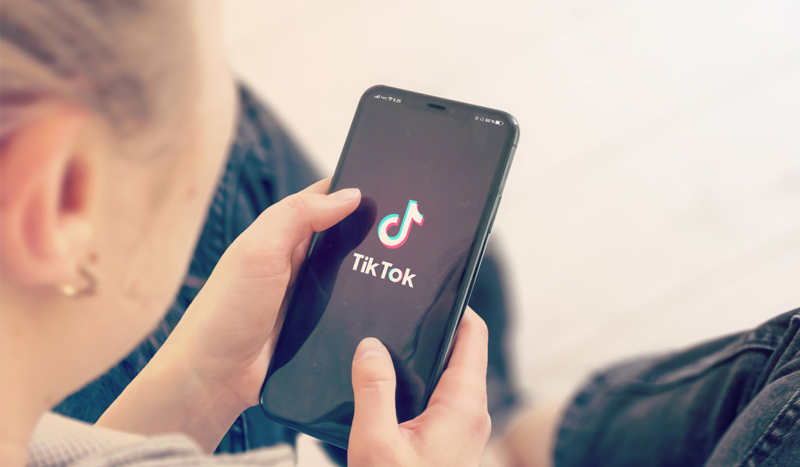
CV NEWS FEED // President Joe Biden this week signed a bill that seeks to force the parent company of TikTok – under heavy scrutiny for its ties to the Chinese Communist Party (CCP) – to sell its stake in the popular video-sharing app.
Biden’s approval came shortly after the Senate overwhelmingly passed the bill Tuesday. The House had passed the bill by a similarly wide margin back in March.
The legislation is colloquially referred to as a “TikTok ban,” because if Beijing-based ByteDance refuses to sell TikTok in a year, the app would be prohibited across the United States.
Technology news platform The Verge reported Wednesday: “The divest-or-ban bill is now law, starting the clock for ByteDance to make its move.”
The Verge indicated that the Chinese corporation “has an initial nine months to sort out a deal, though the president could extend that another three months if he sees progress.”
The Associated Press (AP) noted Tuesday night that the “TikTok legislation was included as part of a larger $95 billion package that provides foreign aid to Ukraine and Israel and was passed [in the Senate] 79-18.”
The AP’s report also called the bill’s passage “a contentious move by U.S. lawmakers that’s expected to face legal challenges and disrupt the lives of content creators who rely on the short-form video app for income.”
Of the 18 senators who voted against the legislation, 15 were Republicans, two were Democrats, and one was Sen. Bernie Sanders, I-VT, a well-known socialist who caucuses with the Democrats.
The decision to include the bill into a package with controversial foreign aid measures likely drove much of its Republican opposition.
>> MARCH: HOUSE PASSES BIPARTISAN BILL AGAINST CHINESE-OWNED TIKTOK <<
Tuesday night, shortly after the Senate sent the anti-TikTok legislation to Biden’s desk, author and American Foreign Policy Council Senior Fellow Michael Sobolik wrote on X (formerly Twitter) that “[t]his wasn’t supposed to happen.”
Sobolik, a prominent critic of the CCP’s scope of influence, noted that the app and its Chinese parent company “spent over $7 million lobbying to ensure” the passage of such a bill never happened.
“They had help from billionaire Jeffrey Yass … and countless politicians who cared more about their political donations than the security of the American people,” the author continued.
He said that in the end, the despotism of Chinese President Xi Jinping and his CCP “made it easy for Washington to recognize TikTok for the threat it is.”
Late Wednesday morning, TikTok issued a statement reacting to the bill threatening to ban it, via one of its X accounts.
“This unconstitutional law is a TikTok ban, and we will challenge it in court,” the TikTok Policy account wrote.
“We believe the facts and the law are clearly on our side, and we will ultimately prevail,” it continued:
The fact is, we have invested billions of dollars to keep U.S. data safe and our platform free from outside influence and manipulation. This ban would devastate seven million businesses and silence 170 million Americans. As we continue to challenge this unconstitutional ban, we will continue investing and innovating to ensure TikTok remains a space where Americans of all walks of life can safely come to share their experiences, find joy, and be inspired.
Sen. Tom Cotton, R-AR, who voted for the bill wrote on X, “Notice how TikTok desperately wants to remain under the control of the Chinese Communist Party.”
Turning Point USA founder Charlie Kirk suggested that Biden’s decision to sign the so-called “ban” would hurt the incumbent president with Generation Z voters who widely use the platform.
“[Biden] is so controlled by the tech companies that he is risking his support with Gen Z,” Kirk pointed out on X.
“Younger voters won’t forget this,” the conservative youth activist added.
Multiple polls have shown that Biden is already significantly underperforming compared to most Democratic candidates among the youngest cohorts of voters.

